I have read many threads throughout these forums highlighting that Greeks were essentailly created by the Patriarchate of Constantinople as a way of uniting the Christians of the Balkans against the Ottoman Empire and that at the time the predominat ethnicities of Greece were Albanian and Vlach.
I have seen no mention to Cyprus though. Cyprus has Greek as an official language with the majority of inhabitants describing themselves as 'Greek Cypriots' and prior to the 1980's, the majority of inhabitants supported 'Enosis' (Unity with Greece). I was wondering what peoples theories on how a Greek identity developed in Cyprus? I have read that the Cypriot "dialect" of Greek is actually unintelligable with standard Greek which is true for many Greek "dialects".
I have seen no mention to Cyprus though. Cyprus has Greek as an official language with the majority of inhabitants describing themselves as 'Greek Cypriots' and prior to the 1980's, the majority of inhabitants supported 'Enosis' (Unity with Greece). I was wondering what peoples theories on how a Greek identity developed in Cyprus? I have read that the Cypriot "dialect" of Greek is actually unintelligable with standard Greek which is true for many Greek "dialects".

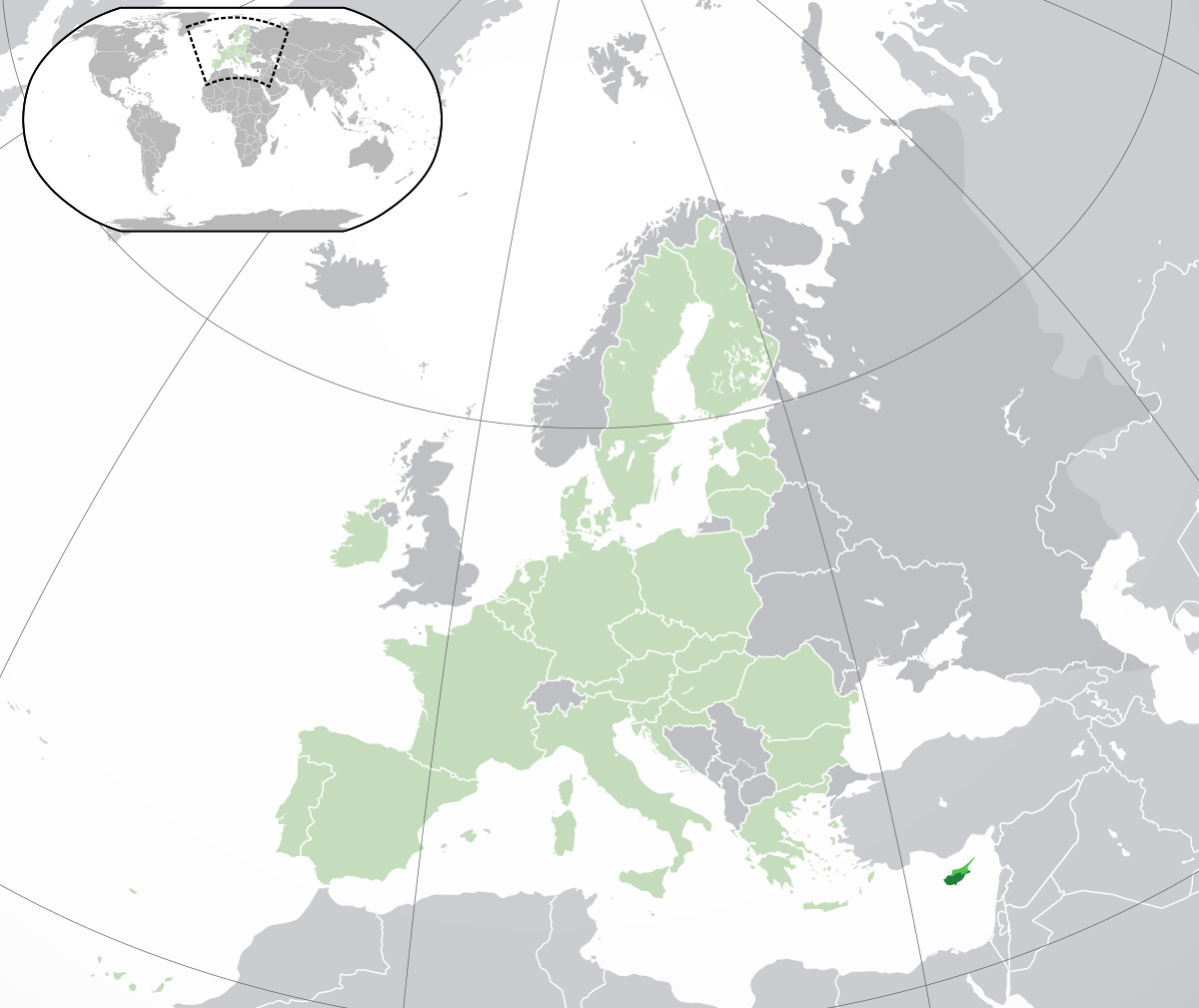
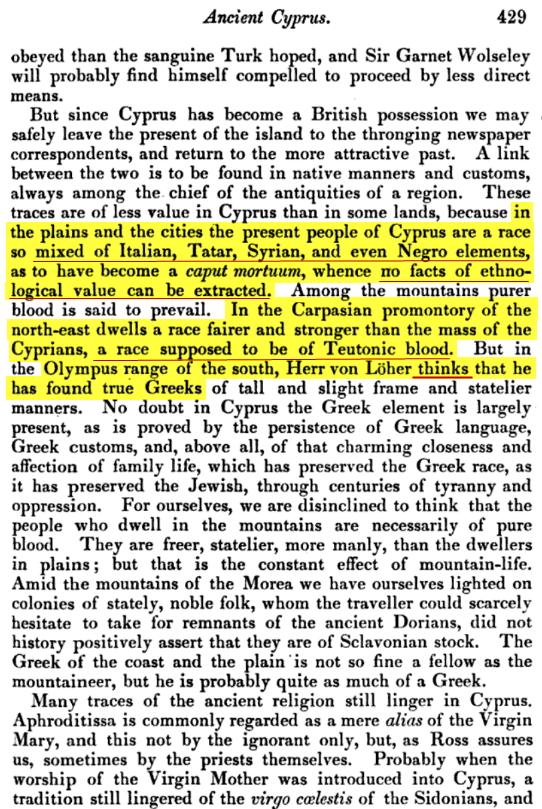

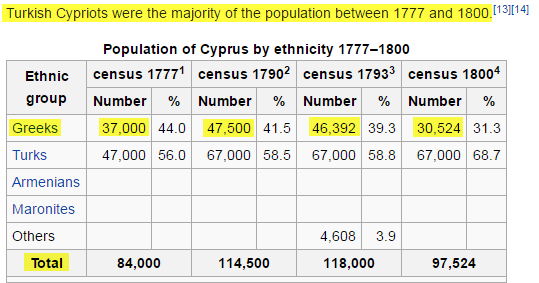

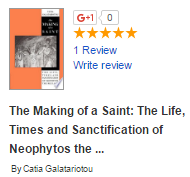


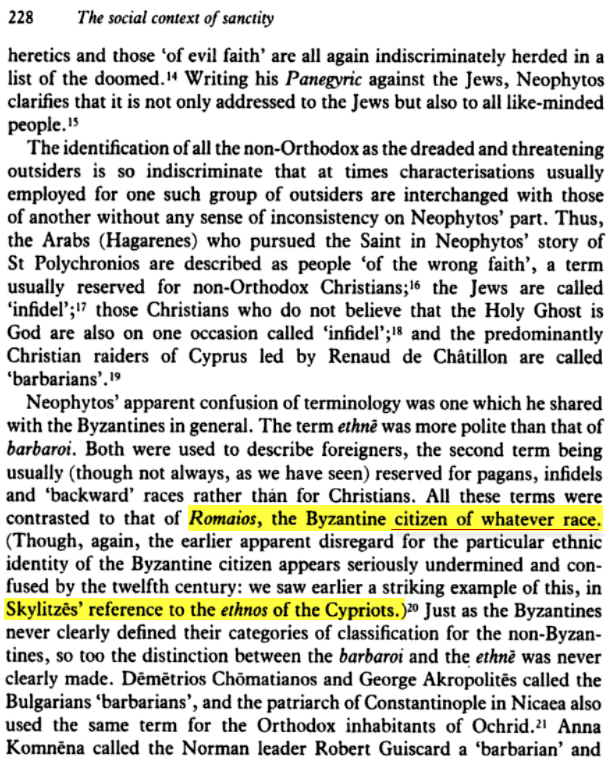
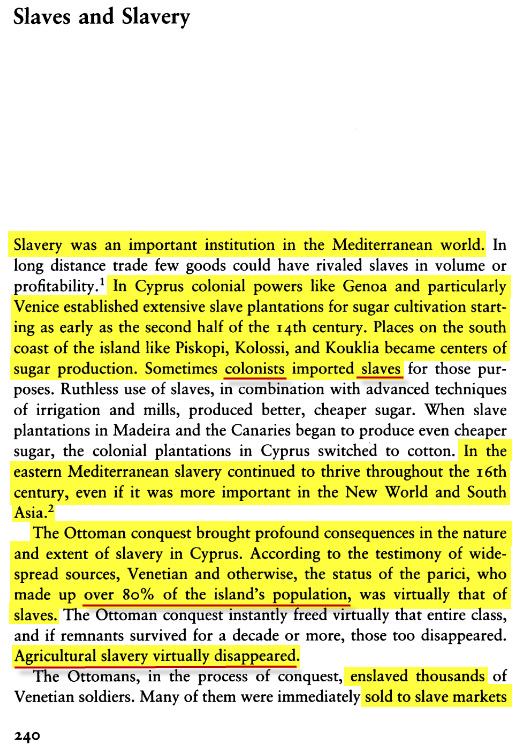

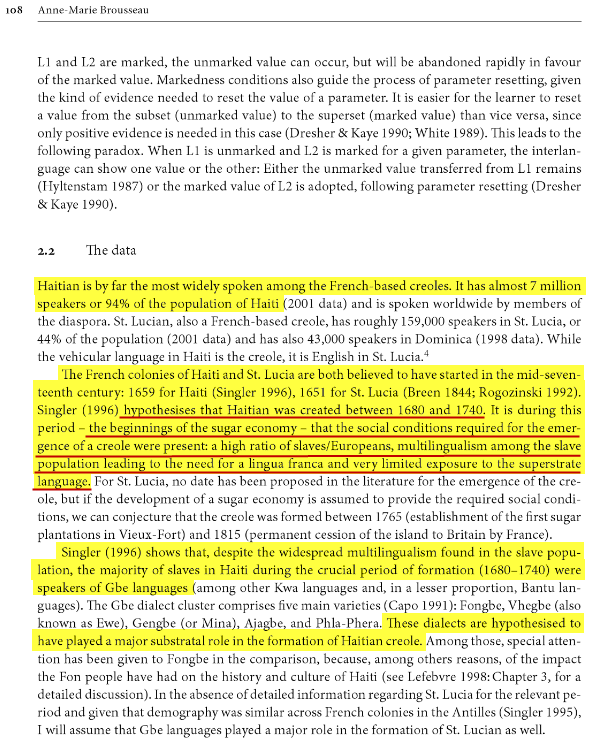

Comment